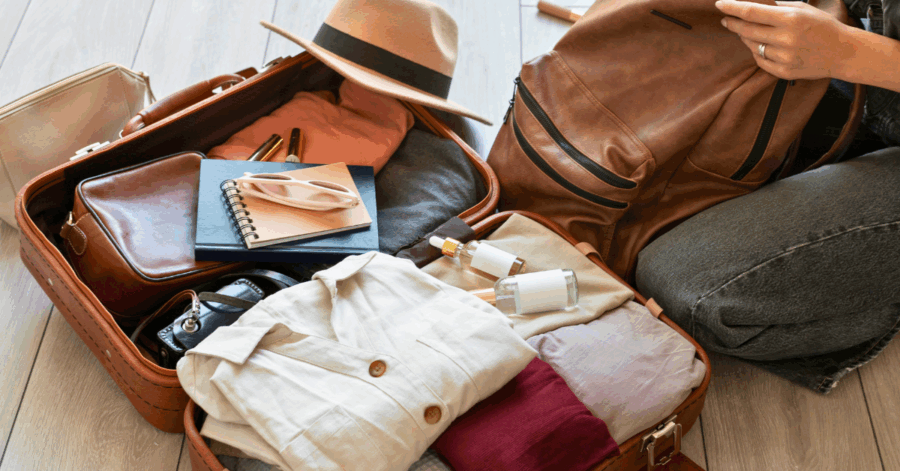If you are reading this article it is probably for one of two reasons; 1. You have no idea what a VPN is and clicked on this article thinking it is something you didn’t know you needed to pack, 2. You know exactly what a VPN is and know that you are going to a country that requires using one if you hope to post your pictures on Facebook.
Let me clarify some things for the first group of people.
 No, a VPN is not something you can pack, but it is something you can, and maybe, should buy before departure. A VPN is essentially a tool that allows you to connect to the internet without revealing your true IP address. This is useful for many reasons, but if you are going abroad, it’s particularly useful for getting around pesky internet restrictions in the country you’re visiting. It may come as a shock, but free speech outside of the U.S. is sometimes viewed as a luxury instead of a liberty.
No, a VPN is not something you can pack, but it is something you can, and maybe, should buy before departure. A VPN is essentially a tool that allows you to connect to the internet without revealing your true IP address. This is useful for many reasons, but if you are going abroad, it’s particularly useful for getting around pesky internet restrictions in the country you’re visiting. It may come as a shock, but free speech outside of the U.S. is sometimes viewed as a luxury instead of a liberty.
Generally, the biggest restriction students face is not being able to access an American version of Netflix while abroad. However, for those traveling to other countries in regions like the Middle East or Asia, VPNs are an absolute requirement. The censorship in these regions can be extreme by other international standards. You need to use a VPN for even the most basic of internet activities like checking Facebook or email.
 Sometimes the degree of censorship is so complex even a normal VPN will not work. In order to get around this, you need a VPN with a stealth mode option. The difference between a normal VPN and one in stealth mode is that a stealth mode VPN connects to the internet using a “https” key to make it through security to establish a connection. I’m not a computer science major, so if you want a more in-depth explanation broken down in a simple metaphor here is a link to better understand the interwebs.
Sometimes the degree of censorship is so complex even a normal VPN will not work. In order to get around this, you need a VPN with a stealth mode option. The difference between a normal VPN and one in stealth mode is that a stealth mode VPN connects to the internet using a “https” key to make it through security to establish a connection. I’m not a computer science major, so if you want a more in-depth explanation broken down in a simple metaphor here is a link to better understand the interwebs.
Now for the second group of people who clicked this article.
Having gone to these regions myself, I have personal experience with which VPNs work, and which ones don’t. After doing some additional research to back up my claims, I created a list of four of the top VPNs students should use abroad.
- Vypr created by Golden Frog
- Express VPN
- Strong VPN
- Nord VPN (fair warning, this VPN is still relatively new to the market)
Each of these VPNs has a stealth option and can be used in highly censored regions. I know the costs can seem like a lot, but in comparison to the service VPNs provide, the money is definitely worth it.
This next list are VPNs you should not use. Either these VPNs do not work as well as they advertise, or have gotten users in trouble.
- Super VPN
- VPN Gate
- Hidemya**
- Private Internet Access
In conclusion, I suggest you always check the most recent news about internet security in the country you plan to travel to. Censorship tactics are always finding and closing new loopholes. Just because the VPNs I have listed above are working at the time I finished writing this article, does not guarantee they will still be working a few months from now. It should also be noted that using a VPN in some countries is illegal. Make sure you know the laws about VPNs and internet activity for any country you plan to visit, studying abroad or otherwise.






Great and informative blog post. Thank you! and keep it up!
Hello there!! Very well explained!! Helpful article, Thanks for sharing!
Nice article.
Great article.
This actually answered my drawback, thank you!
nice article
VPNs are the best way to protect your personal information. Thanks very much for sharing your insight. The purpose of this article is to dispel a common misconception about VPNs. Thank you so much.